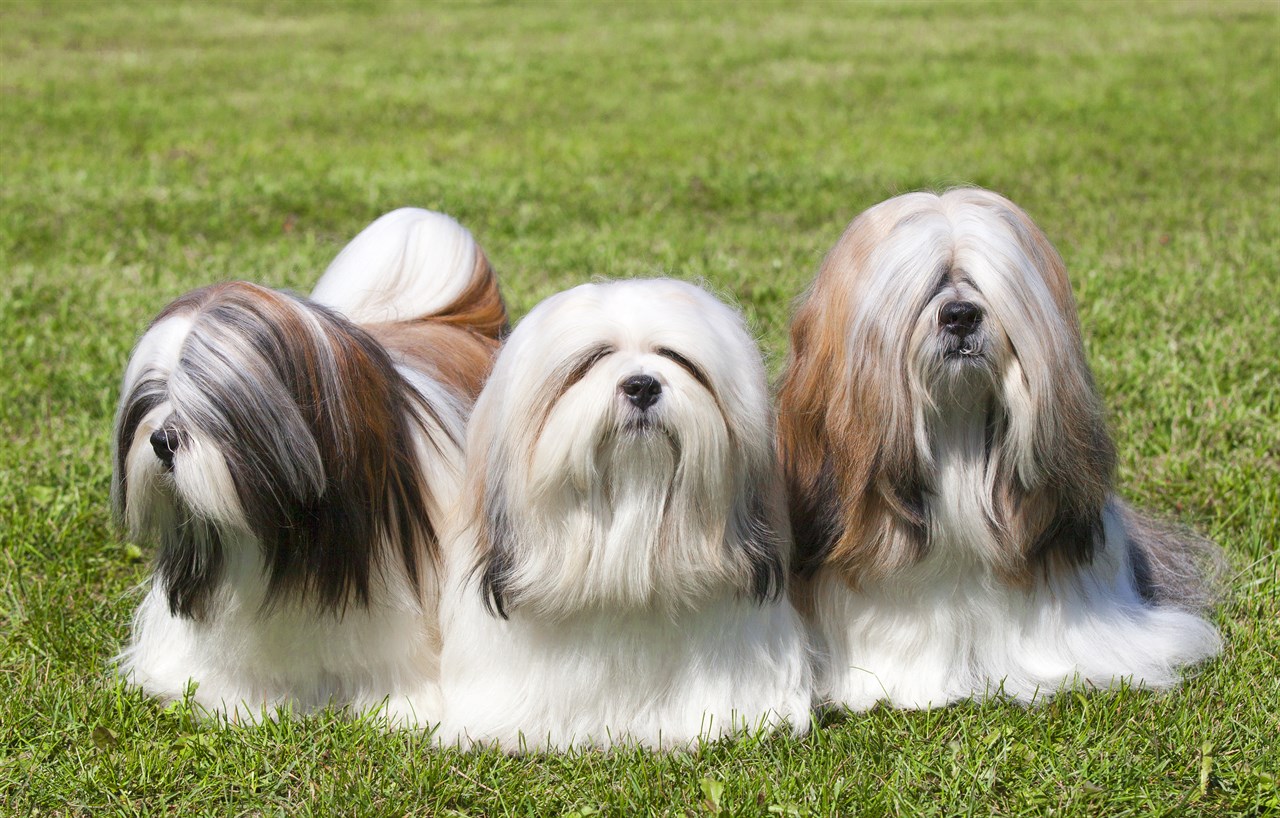The Downsides or Disadvantages of Owning a Lhasa Apso

While Lhasa Apsos make wonderful companions for the right owners, it's essential to be aware of the potential downsides or disadvantages of owning this breed. Understanding these aspects can help you make an informed decision about whether a Lhasa Apso is the right fit for your lifestyle.
Grooming Requirements
One of the most significant disadvantages of owning a Lhasa Apso is their extensive grooming needs. Their long, luxurious double coat requires regular brushing to prevent mats and tangles. Additionally, they may need professional grooming every 6 to 8 weeks to maintain their coat's health and appearance. If you're not willing to commit to grooming, this breed may not be suitable for you.
Independence and Stubbornness
Lhasa Apsos can be independent and sometimes stubborn, which can make training challenging for novice dog owners. They may not always respond immediately to commands, so patience and consistency are required.
Potential for Separation Anxiety
Lhasa Apsos are known for forming strong bonds with their owners, which can lead to separation anxiety when left alone for extended periods. This can result in undesirable behaviours, such as excessive barking or destructive tendencies.
Health Concerns
Like all breeds, Lhasa Apsos can be prone to certain health issues, including hip dysplasia, patellar luxation, and eye problems like PRA and cherry eye. Regular veterinary check-ups and potential medical expenses should be considered.
Barking Tendencies
Lhasa Apsos are alert and protective, which can lead to excessive barking in response to perceived threats or noises. Training and socialisation are necessary to manage this behaviour.
Not Ideal for Active Lifestyles
If you have an extremely active lifestyle and are looking for a running or hiking companion, a Lhasa Apso may not be the best choice. They have moderate exercise needs and may not keep up with highly active routines.
Not Suitable for Allergy Sufferers
While Lhasa Apsos are considered a hypoallergenic breed due to their low-shedding coat, no dog is entirely hypoallergenic. Some people with allergies may still react to their dander or saliva.
What Are the Disadvantages of a Lhasa Apso?
The disadvantages of owning a Lhasa Apso include their grooming requirements, independence, potential for separation anxiety, susceptibility to certain health issues, barking tendencies, suitability for active lifestyles, and the possibility of allergies.
While Lhasa Apsos can make loving and loyal companions, it's crucial to carefully consider these disadvantages and determine if you are willing and able to meet their unique needs. If you value their regal appearance and can commit to their grooming, training, and socialisation, a Lhasa Apso can be a delightful addition to your family.
Lhasa Apso puppies for sale
- Find Lhasa Apso puppies for sale in ACT
- Find Lhasa Apso puppies for sale in NSW
- Find Lhasa Apso puppies for sale in NT
- Find Lhasa Apso puppies for sale in QLD
- Find Lhasa Apso puppies for sale in SA
- Find Lhasa Apso puppies for sale in TAS
- Find Lhasa Apso puppies for sale in VIC
- Find Lhasa Apso puppies for sale in WA